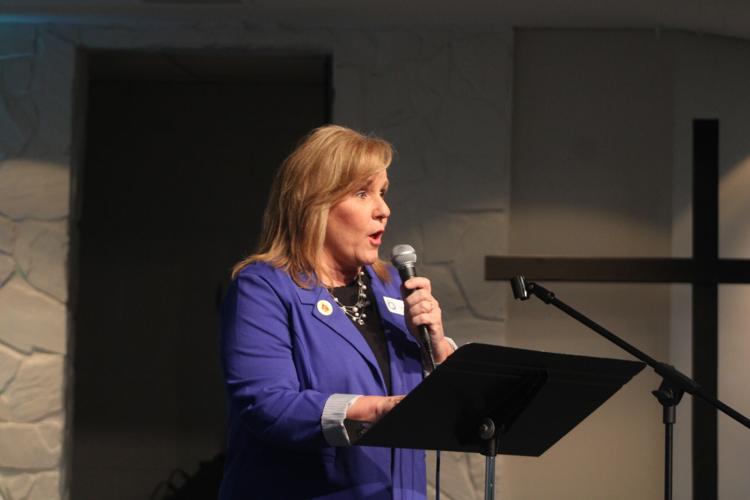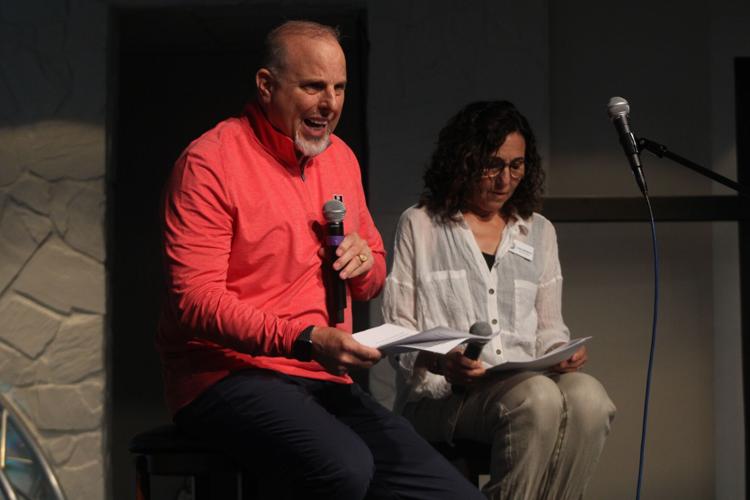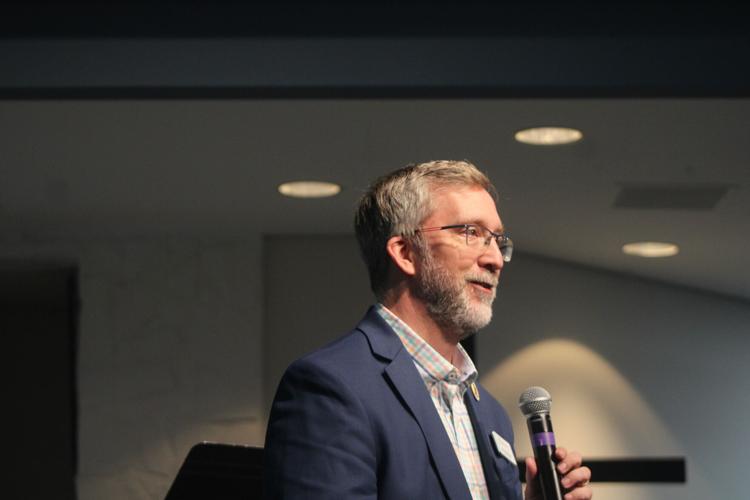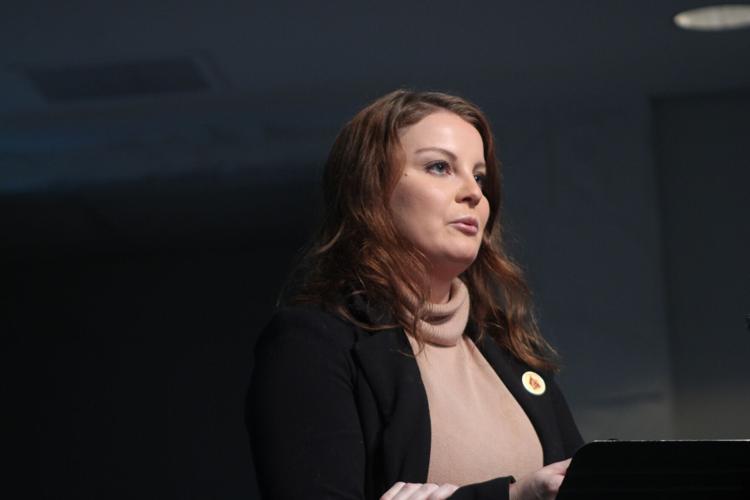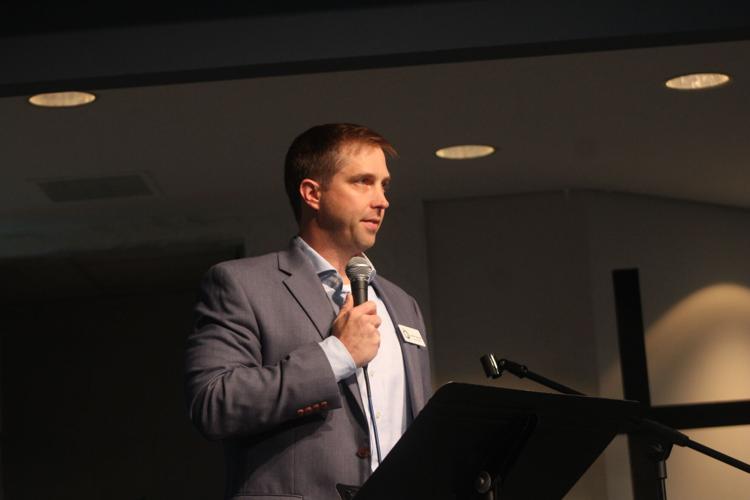Taking a community approach in addressing mental health problems would be the focus of a new program the Overflow Foundation is trying to bring to Aiken County.
As a way to increase the services that are provided for those dealing with mental health issues, the Overflow Foundation plans to implement a Clubhouse International model in Aiken.
The plans of the program were discussed during a breakfast April 26 in which members of the community got a chance to learn about the clubhouse program.
A clubhouse model is a form of psychosocial rehabilitation shaped as a community-based program with the goal of instilling hope and empowering those living with mental illness. The clubhouse model offers a collaborative, restorative environment where its members can recover by gaining access to opportunities to meet individual needs for socialization, employment, housing, education, skill development, access to clinical care and improved wellness.
The model has helped to reduce incarceration rates, homelessness and hospitalization.
“We want to pour hope into life," Overflow Foundation founder and executive director Terry Lee said.
Lee started the Overflow Foundation in 2019 after she lost her son to suicide. The mission is #PHIL – short for pouring hope into life – through mental health services, suicide prevention and mental health education.
Lee said she hopes that with a clubhouse model, it can pour hope into life. Lee said the clubhouse model is not a new model because there are over 350 clubhouses across the globe, including 165 in the United States.
The goal of Clubhouse International is to embed seven to nine facilities in South Carolina over the next three years. The clubhouse programs are voluntary for individuals who are interested.
“This is a global mental health movement,” Lee said.
Gateway executive director Randy Redlinger said the Clubhouse International model has worked well for his program located in Greenville. Gateway is a program that has been around for the last 40 years and has provided individuals with serious mental health problems to help them become part of society.
Redlinger said at Gateway there are no nurses or doctors – it's more of a community setting.
“The members come in and they are not called patients or clients, but are members of this community and club they are part of,” he said.
Robert and Lisa Murphy from Aiken shared their personal experience with their son who has been dealing with a mental health issue for more than three years.
The Murphys said they saw how their son went from having a nice job to wanting to be homeless.
“His actions became odder and odder, it was just odd and I was never fearful that we were unsafe, that he was unsafe or going to hurt someone,” Robert Murphy said.
Lisa Murphy said her son's homelessness led to him being in jail, where she though that he was safe. While her son was in jail she tried to get some mental health treatment, but was unsuccessful.
“He needed to be under the care of a doctor and not a prison guard,” she said.
After their son was released from jail the Murphys looked for ways to help him find his purpose and purchased a house with some farm land. The Murphys said their son was able to find his purpose with a garden and it helped lead him to a path of how to properly manage his mental health issue.
“We have created an environment where our son has dignity, has support, has work to do and people he can trust,” Robert Murphy said. “In essence we created a clubhouse model before we knew about clubhouse."
The Murphys are just glad that they still have their son.
“Our story is not over and we don’t know what the next chapter will bring, but for now we still have our son and he gave us permission to tell his story this morning," Robert Murphy said.
Lee said she hopes that Aiken will take the call in addressing mental health in the community with this new model.
“The Overflow Foundation is raising its hand and planting the flag and saying that we want to be the next one,” Lee said
Anyone who would like to make donations to the Overflow Foundation in establishing a clubhouse can send them to Overflow Foundation at P.O. Box 383, Aiken, S.C., 29802.

